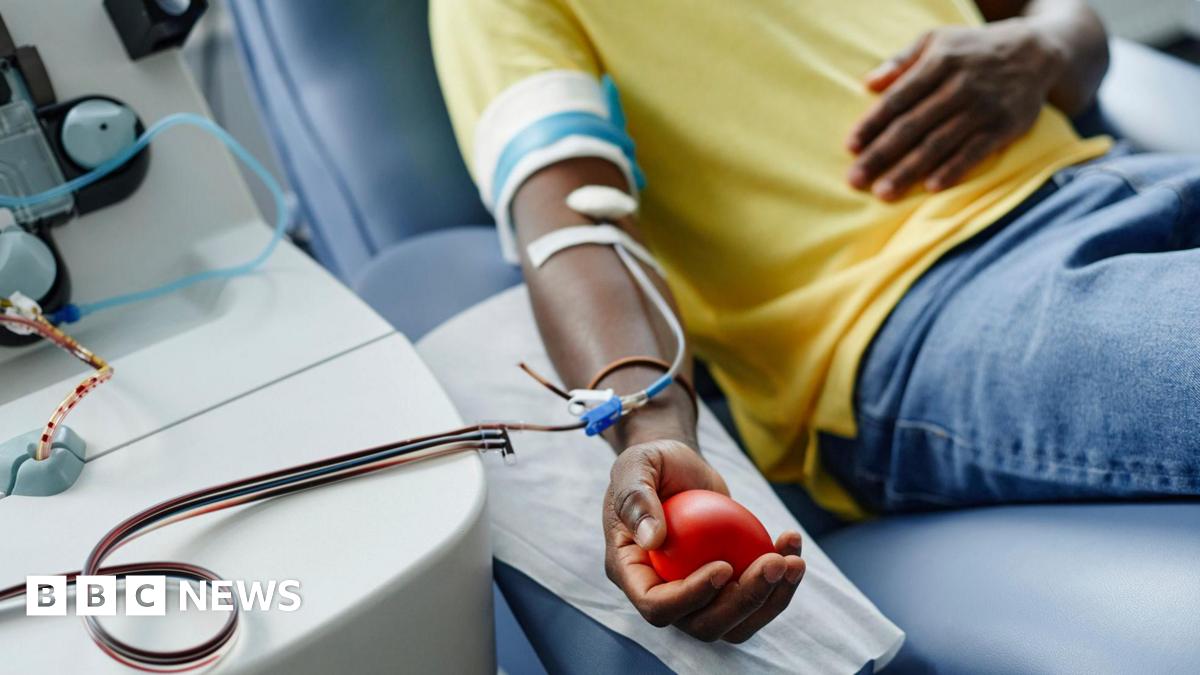With age, the cells in the body – including the blood – naturally develop mutations, which increases the risk of diseases such as cancer developing.
When people donate blood, stem cells in the bone marrow make new blood cells to replace the lost blood – and this could shape the stem cells’ genetic diversity.
The researchers found a similar level of natural genetic mutations in the blood of the two groups – 217 frequent and 212 irregular donors.
But the type of mutation in stem cells was subtly different in:
Analysed in the lab, this mutation grew in a different way in different environments to other mutations linked to diseases such as leukaemia, a type of blood cancer.
“It’s a type of mutation that is not associated with high risk of leukaemia development,” study author Dr Hector Huerga Encabo said.
And when mice were injected with these human blood stem cells in the lab, the cells were found to be good at making red blood cells – a positive sign, Dr Encabo said.

